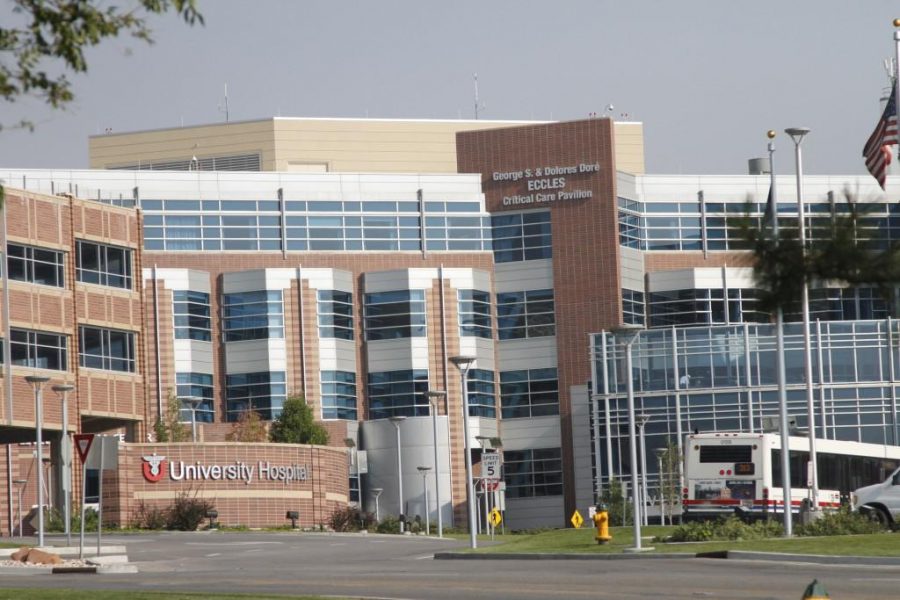On March 29, the National Institute of Health reinstated the University of Utah’s Clinical and Translational Science Award. It was terminated last month because its grant proposal featured keywords that are at odds with President Donald Trump’s anti-diversity, equity and inclusion agenda.
“The grant was reinstated and we will coordinate closely with NCATS [National Center for Advancing Translational Sciences] to ensure continued alignment with federal funding priorities as the project moves forward over the next five years,” Rachel Hess, associate vice president for Research-Health Sciences, wrote in a Webinar chat last Tuesday.
NIH awarded the U the seven-year long grant of $38 million in 2023. It makes up the bulk of funding for the U’s Clinical and Translational Science Institute. Among the institute’s many research projects is work to create treatments addressing the disproportionately high rates of skin cancer in rural communities. Another project is developing technologies to better diagnose and treat newborns with severe illnesses in rural regions.
The NIH originally terminated the U’s CTSA grant for “not meeting federal priorities.” The reason for the cancellation appears to have been due to a keyword search of the grant’s abstract that did not fully convey the type of research the CTSA grant funded, Hess said on March 18.
STAT reported in February that NIH began flagging existing grants that used words associated with DEI. Words like “women” and “Covid” were also flagged. That same month, Hess implored U researchers to avoid using “jargon that is easy to attack” when applying for new grants.
The U’s application for the CTSA grant in 2023 stated it would engage with groups “who experience health disparities, including underserved racial [and] ethnic populations, senior citizens, members of LGBTQ+ communities and rural/frontier residents across the intermountain west.”
On March 25, Erin Rothwell, the U’s vice president for research, told researchers at a weekly webinar that the U appealed the NIH’s grant termination and hired lawyers to help navigate the appeals process. Four days later, the U received a notice from NIH stating the CTSI grant was restored.
This isn’t the first time the U lawyered up over NIH decisions during the second Trump administration. The U joined a lawsuit against the public health agency in February after it announced a cap on indirect costs that would cut at least $43.5 million of the university’s research funding. The NIH’s policy change was stalled by a federal judge and the legal battle is ongoing.
Despite this, the U’s grant proposals in February were $400 million higher compared to last year, Rothwell said.
“That is phenomenal and we are still $140 million higher in research awards than we were last year,” she said. “This is a testament to the commitment of our research community being able to not only persist through uncertainty, but to continue their research”



